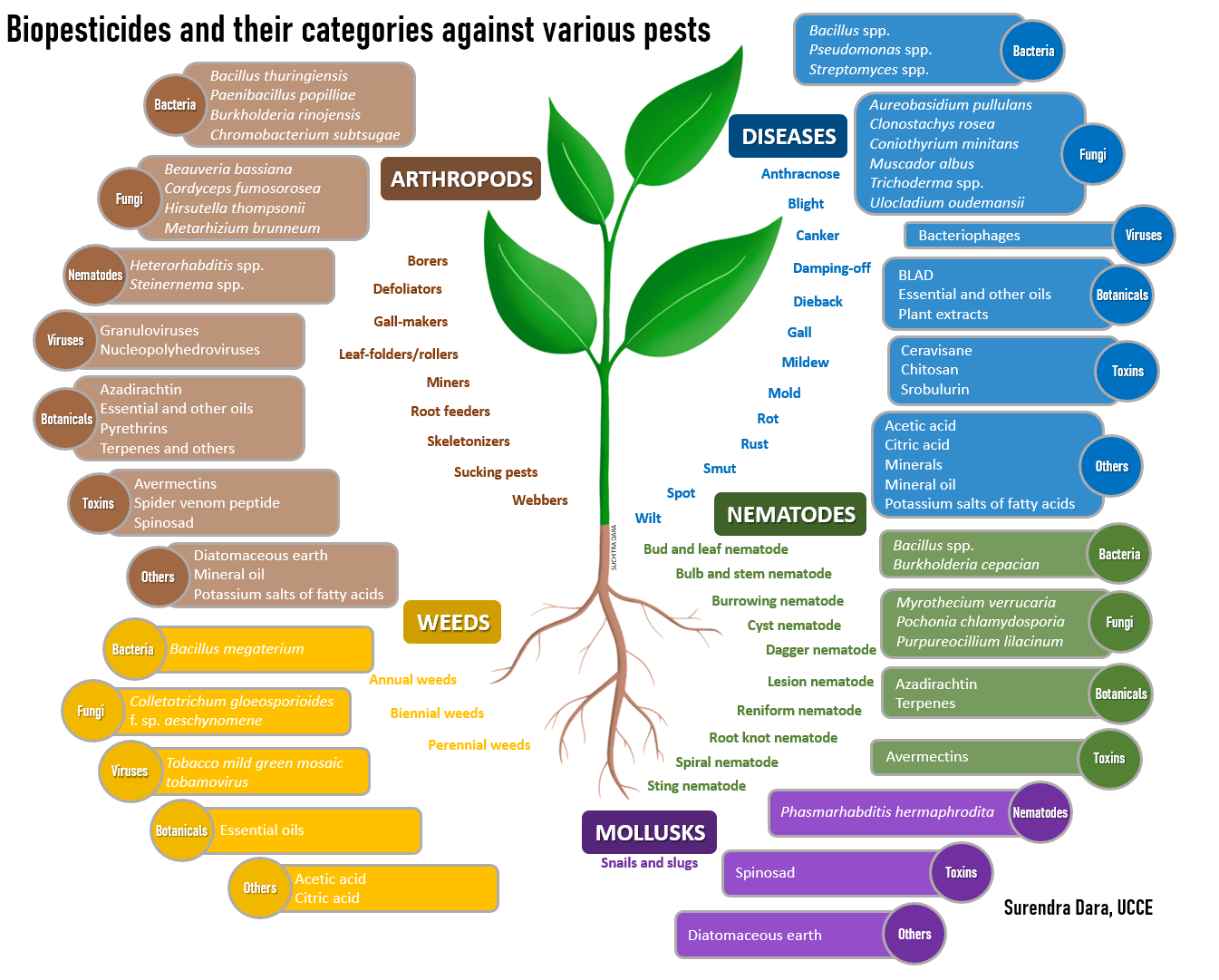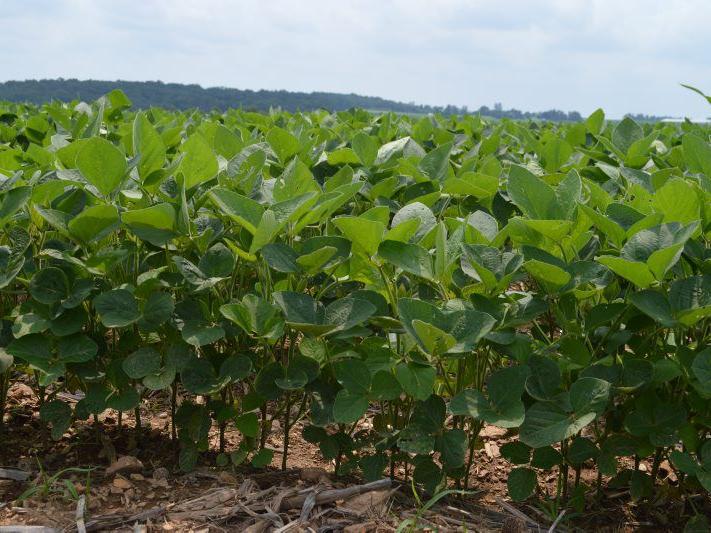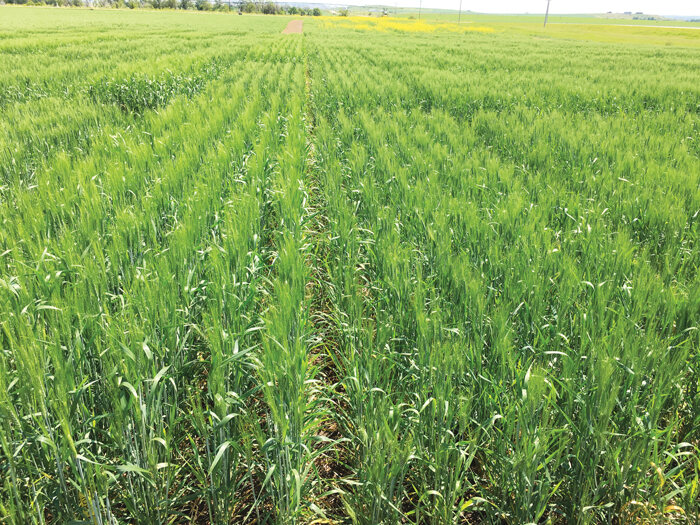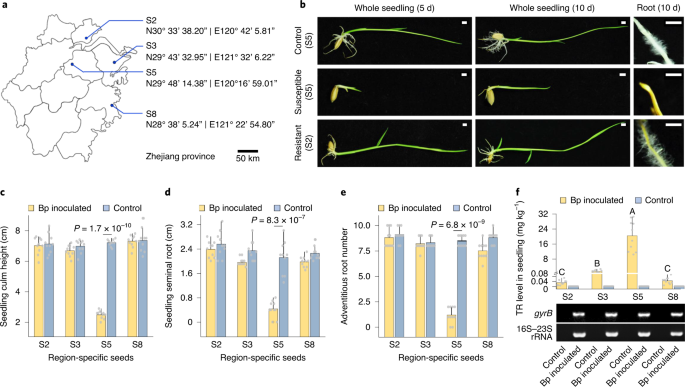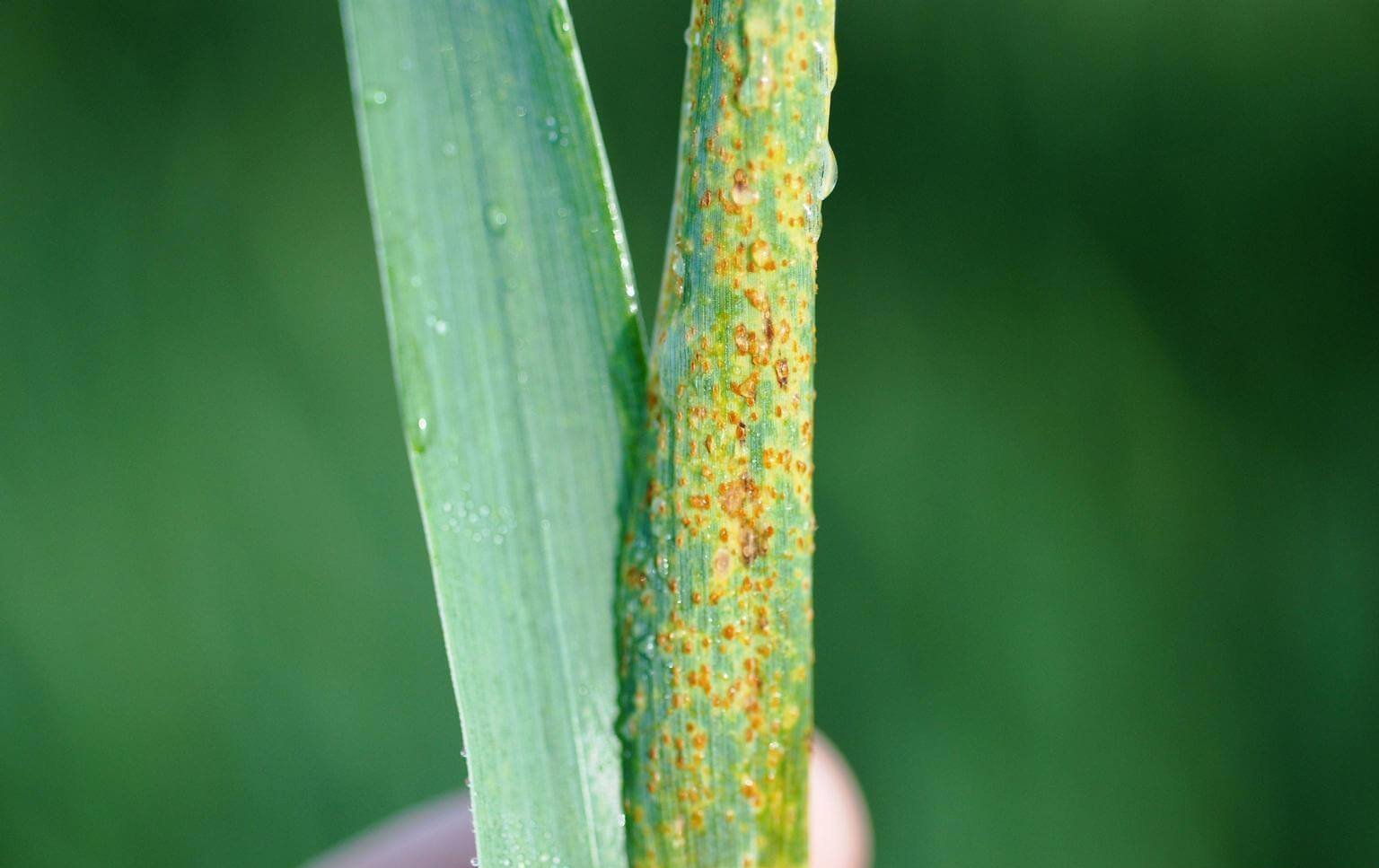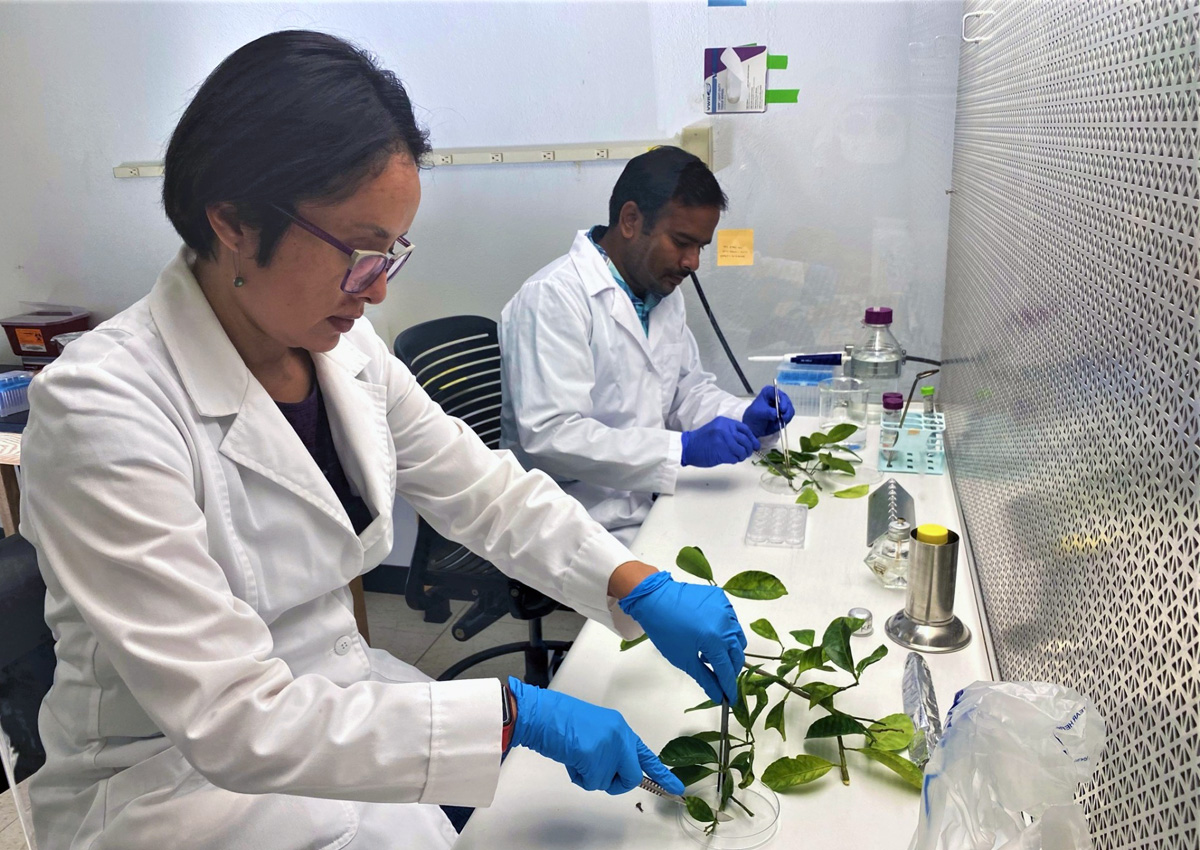03/30/2021 SOURCE: beatricedailysun.com
-
(0)
-
Bookmark
- Comments. (0)
 John LaRose Jr.
John LaRose Jr.
Topics: Forestry, Agriculture Global, Sustainability, Crop Diseases, Research,
Deforestation, forest conversion and palm oil plantations linked to disease outbreaks
Deforestation, forest conversion and palm oil plantations linked to disease outbreaks, finds new study in Frontiers in Veterinary Science
-
(0)
-
Bookmark
- Comments (0)
 John LaRose Jr.
John LaRose Jr.
Topics: Precision AG , Weeds, Pesticides, Agriculture Global, Pest Control, Sustainability, Crop Diseases, Research, World Population, Education,
-
(0)
-
Bookmark
- Comments (0)
 John LaRose Jr.
John LaRose Jr.
Topics: Precision AG , Cotton, Crop Consultant, Agriculture Global, Economics, Crop Diseases, Ag India, Ag Innovation,
-
(0)
-
Bookmark
- Comments (0)
03/03/2021 SOURCE: www.lancasterfarming.com
-
(0)
-
Bookmark
- Comments. (0)
 John LaRose Jr.
John LaRose Jr.
Topics: Wheat, Weeds, Crop Consultant, Agriculture Global, Crop Diseases, Research, World Hunger, World Population,
Dr. Kalil To Speak On Scab Management In Durum During Wheat Show
At 10 a.m., Wednesday, Feb. 10, at the National Hard Spring Wheat Show in Williston, Dr. Audrey Kalil, NDSU Williston Research Extension Center plant pathologist, will be speaking about her research on fusarium head blight (scab) management in durum. Dr. Kalil leads both basic and applied research programs focused on management of plant diseases on...
-
(0)
-
Bookmark
- Comments (0)
 John LaRose Jr.
John LaRose Jr.
Topics: Rice, Agriculture Global, Sustainability, Crop Diseases, Research, World Hunger, World Population,
Bacterial seed endophyte shapes disease resistance in rice
In rice, one endophyte (Sphingomonas melonis) colonizes seeds and produces anthranilic acid, which confers resistance to a bacterial pathogen (Burkholderia plantarii) in the plant.
-
(0)
-
Bookmark
- Comments (0)
01/08/2021 SOURCE: geneticliteracyproject.org
Researchers at CSIRO, Australia’s national science agency, led an international effort to develop wheats with a stronger and potentially more durable
‘Like putting 5 locks on a door’: Wheat with multiple rust resistance genes could protect vital staple crop
-
(0)
-
Bookmark
- Comments. (0)
12/21/2020 SOURCE: massivesci.com
If the USDA approves it, this would be the first use of genetic modification for conservation purposes
Genetic engineering can save the American chestnut tree from a deadly fungus
-
(0)
-
Bookmark
- Comments. (0)
 John LaRose Jr.
John LaRose Jr.
Topics: Agriculture US, Education U.S. SouthWest, Crop Diseases, Research, Ag Innovation,
Texas AgriLife Makes Breakthrough in Fight Against Plant Diseases
Researchers from Texas A&M AgriLife have made a discovery that will help fight fastidious pathogens costing U.S. agriculture billions of dollars annually. For years, research scientist and associate professor Dr. Kranthi Mandadi and his colleagues at the Texas A&M AgriLife Research and Extension in Weslaco have been working on developing new biological technologies to fight fastidious or
-
(0)
-
Bookmark
- Comments (0)




